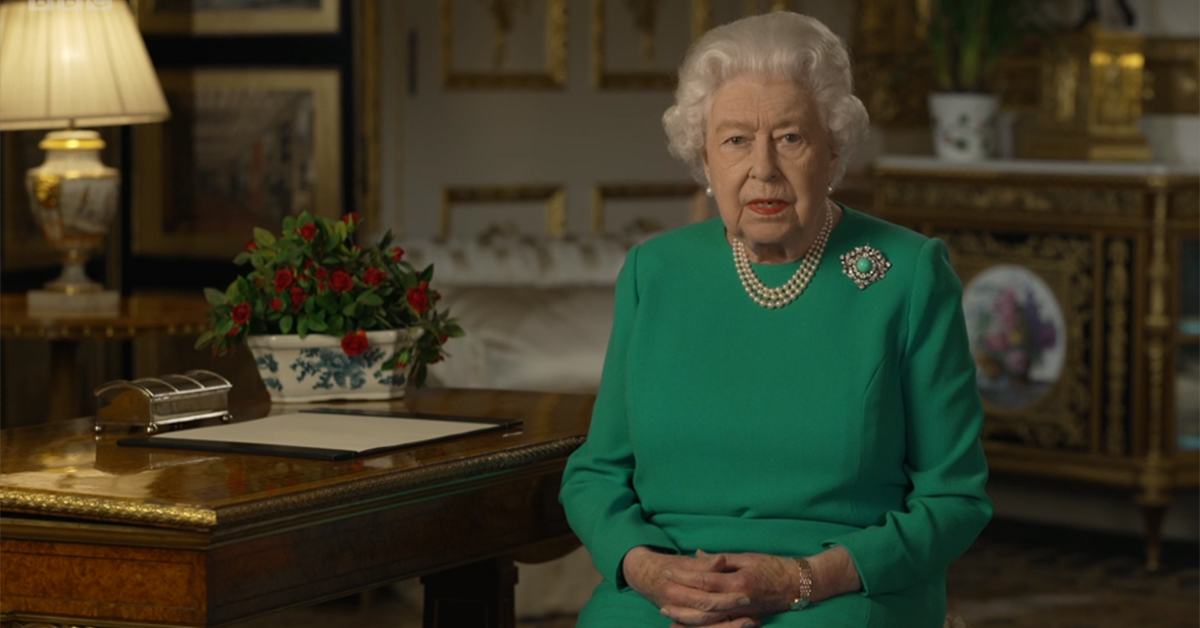
This week, I choose to be hopeful. I was inspired in this direction by messages from two very different leaders: Nobel laureate in economics Vernon Smith, whose upbeat opinion piece appeared in The Wall Street Journal, and Queen Elizabeth, who delivered a pithy four-minute speech on Sunday.
Both messages use a phrase that harks to Adam Smith’s “The Theory of Moral Sentiments.” In this 1759 book, Smith describes the motivational force associated with “fellow feeling,” our ability to imagine what others feel and to seek their approval of our actions. His observations have, as Vernon Smith attests, generated key hypotheses for a relatively new kind of economic analysis—experimental economics.
What can this have to do with our current crisis? Vernon Smith assures us that “fellow feeling” will be an important ingredient in the survival and eventual thriving of our economy. Motivated by “fellow feeling,” we will adapt and rebound in ways that we can only speculate about presently. This crisis will be a time for learning amidst compassion for one another. Smith predicts that new, innovative ways of producing and delivering goods will emerge from constant experimentation in the months ahead and that some of these innovations will continue beyond the crisis.
For her part, Queen Elizabeth rightly observes that overcoming the scourge of the virus will require a united and resolute series of steps inspired by “heart-warming stories of people coming together to help one another,” all motivated by “fellow feeling.” While recognizing that the days ahead will be disturbing and difficult, she affirms that we will succeed and that “success will belong to every one of us.”
She closes her remarks with a look to a better future: “While we may have more still to endure, better days will return. We will be with our friends again. We will be with our families again. We will meet again.”
This is my hope for all of us at the Jepson School of Leadership Studies and beyond.
